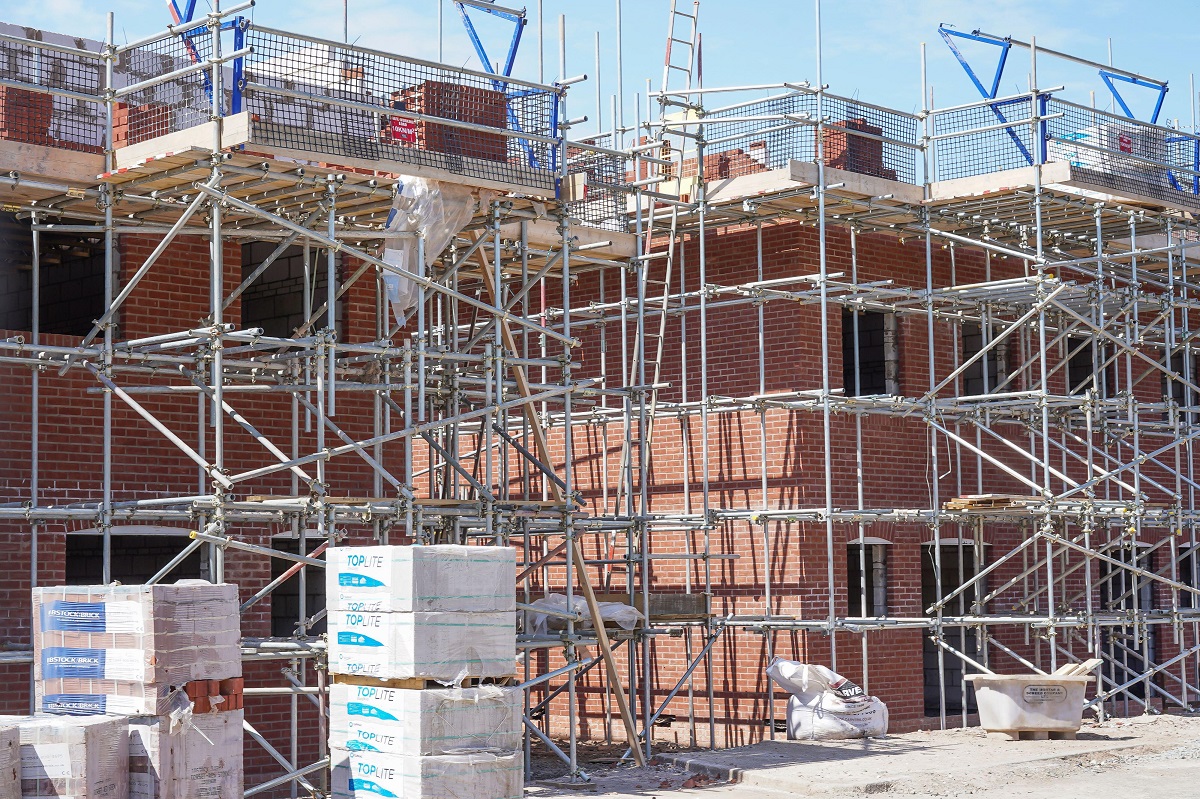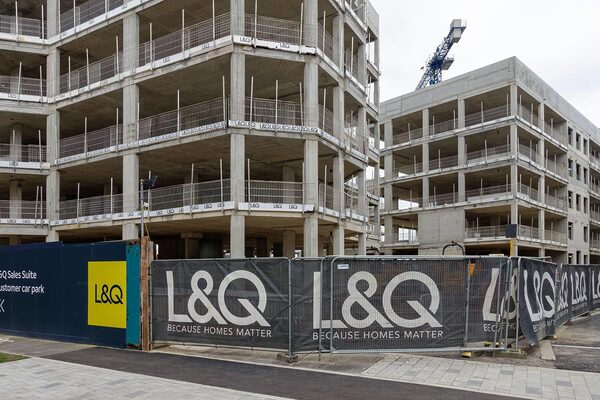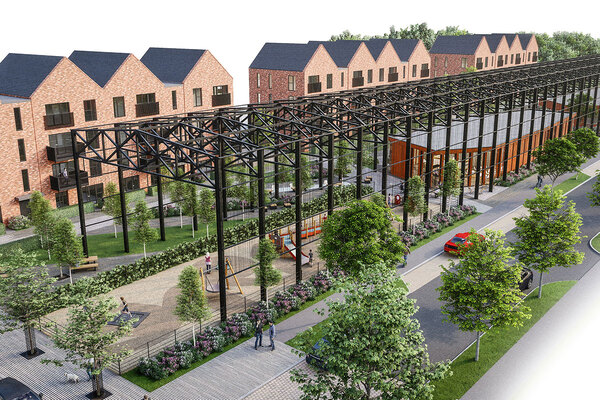You are viewing 1 of your 1 free articles
Housing associations across the UK to cut housebuilding by 20%, new study finds
Housing associations across the UK are cutting back development programmes amid a “perfect storm” of inflation, higher interest rates and the soaring cost of debt.
According to a new six-month study by specialist real estate lender Octopus Real Estate, the UK’s registered housing providers expect to cut their build pipelines by 22% in the short to medium term.
Amid rising construction and financing costs, a third of housing associations in the UK are reporting a deficit of between 11% and 25% on individual development schemes, the report found.
The research highlights how the reduction in build programmes will lead to a slowdown in affordable housing delivery at a time when the country is experiencing a “chronic undersupply” of new homes.
The findings follow warnings made earlier this year by the G15 group of London housing associations that some of its members are intending to cut development programmes by as much as a third.
Earlier this month, large London landlord Metropolitan Thames Valley revealed it was scaling back development ambitions and currently has a 3,858-home pipeline, down from 5,527 in the previous year.
The Octopus report included case studies from other providers also reining in their build targets, including the UK’s largest landlord Clarion, London giant L&Q, PA Housing and Southern Housing.
Mark Hattersley, chief financial officer at Clarion, said: “We could see a challenging market emerging about 18 months ago, so we started moderating our pipeline. We still have a long-term ambition to build 3,200 homes a year, but we’re aiming more towards 2,000 until the market recovers.”
Waqar Ahmed, finance director at L&Q, said: “We were building around 5-6,000 homes a year based on the past couple of years’ accounts, but going forward we don’t predict to be building more than 3,000 homes a year over the next five years.”
PA Housing has switched its focus to investing in existing properties and is reducing its development programme by 1000 homes, while newly merged Southern Housing’s plans to build 1500 homes a year have been hit by post-Grenfell repair bill and cost inflation.
To avoid seeing its development programme slow down further, Southern Housing has opted to subsidise schemes from its own reserves in order to make them economically viable, in some instances as much as £100,000 per home.
Tom Paul, executive director of strategy and change at Southern, said: “Unless we find ourselves back into some sensible equilibrium, the amount of development we can do is constrained at the moment because of the subsidy that we’re having to put in to make schemes viable.”
The report highlights how these decisions come in the context one of the most challenging financial periods “in decades” for the social housing sector.
According to the report, the sector is “at a crossroads”, faced with the choice of investing in improving existing homes or building new and the data suggests housing associations have chosen to focus on improving their current housing stock at the expense of uncommitted projects.
According to the research, quarterly reports from the Regulator of Social Housing showed that overall spend on repairs and maintenance has jumped from £5bn in 2018 to £6.5bn in 2022.
This will only increase as a result of the government’s review into the Decent Homes Standard and increased scrutiny on disrepair in the social housing sector.
The research also explored how the sector is working with alternative partners to deliver homes, such as for-profit housing providers or equity partners.
According to the report, half of social landlords said they are now more likely to work with for-profit registered providers or equity partners compared with just 12 months ago.
Professor Alex Lord, lever chair of town and regional planning at the University of Liverpool, said Octopus’ research suggests that housing associations are unable to fulfil their purpose with those surveyed expecting a “significant reduction” in their development pipelines over the short and medium terms.
“There is a considerable gap between aspirations and what registered providers expect to materialise over the coming years. This timely and important intervention from Octopus presents a clear case that we need to think again about stimulating the delivery of new affordable homes,” he added.
Sign up for our development and finance newsletter
Already have an account? Click here to manage your newsletters












